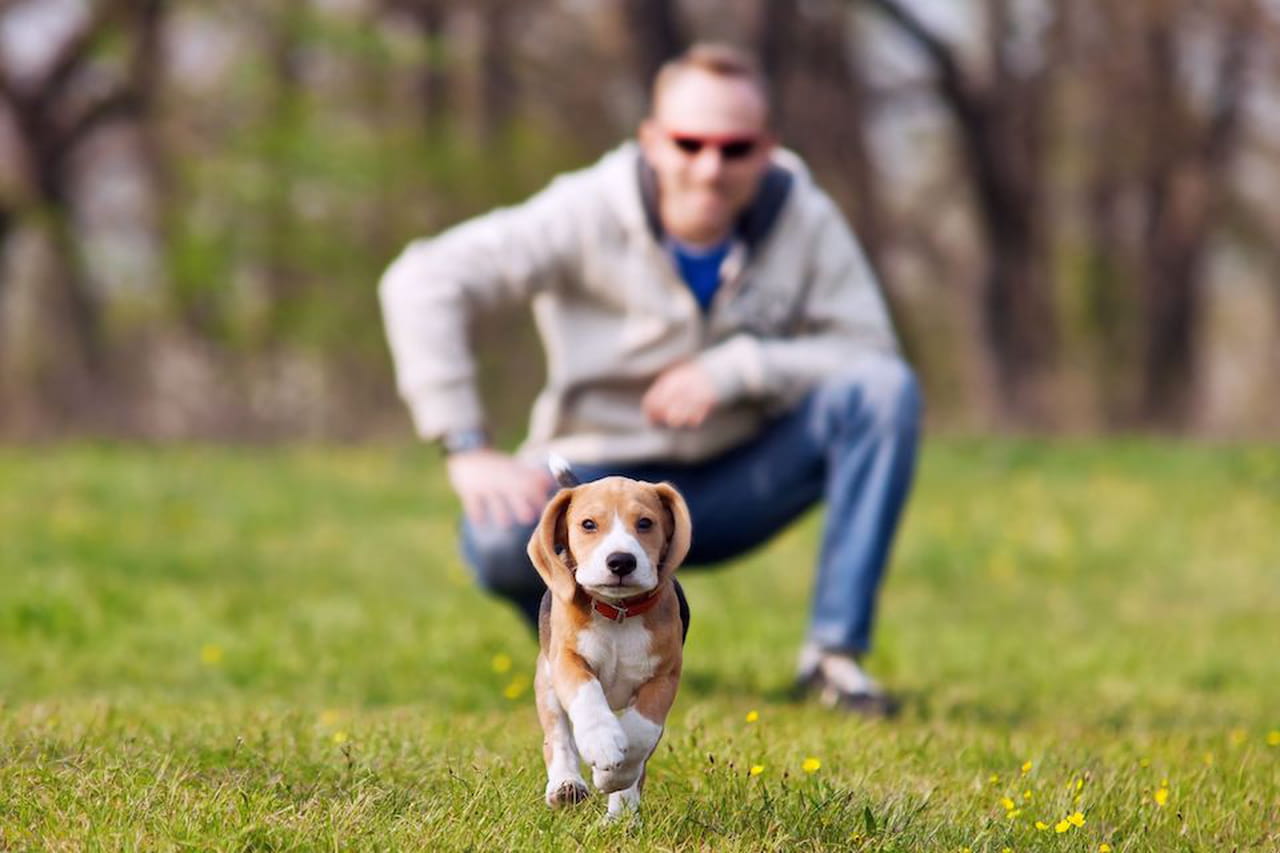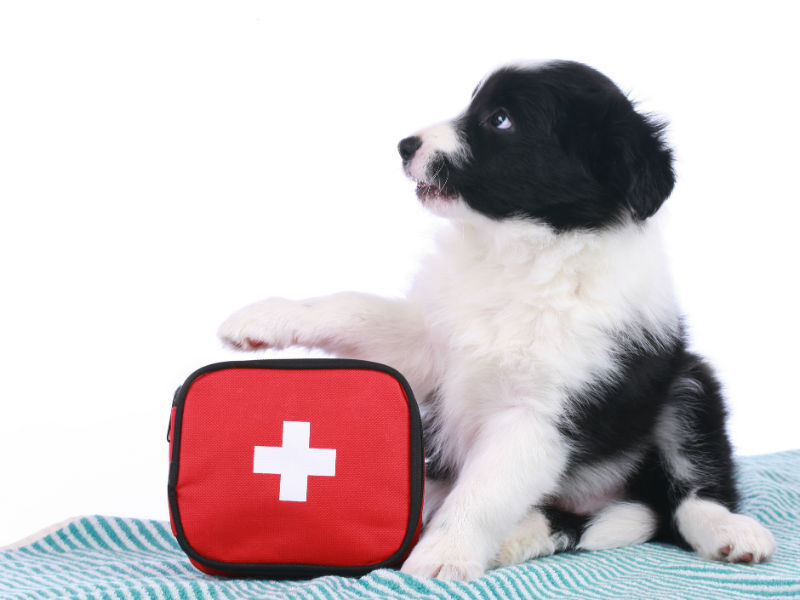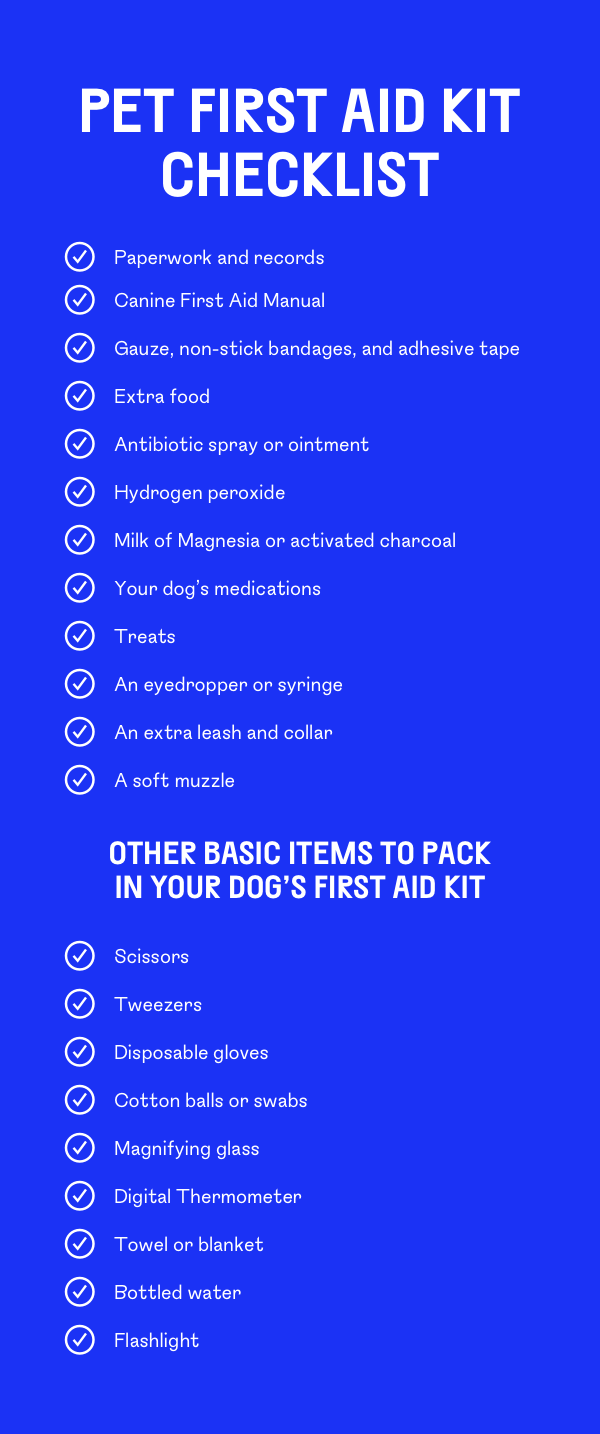RESPONSIBLE PET PAWRENTING 101

Owning a dog is a very rewarding experience. However, it’s also a big responsibility. Being a responsible pet owner will keep your dog happy and healthy, and it will help you avoid some issues associated with dog ownership.
Since September is Responsible Dog Ownership Month, we thought it would be a good idea to compile some tips for being an ideal canine guardian – without crossing the line into being a helicopter parent.
THE 5 CS OF BEING A RESPONSIBLE DOG OWNER
There’s no rule book, no one-size-fits-all guide to pet ownership that will guarantee you’re labeled a good dog parent. But, there are 5 habits all the best dog parents have in common!
1. COMMITMENT

When you adopt a dog, it is for life. Depending on the breed, that’s a time commitment of anywhere from seven to sixteen or more years, so you have to be prepared to adapt as life circumstances change — for example, if you have to move, you’ll need to take the extra time to find a new home that allows dogs.
Before bringing a dog into your heart and home, consider your lifestyle and choose a new best friend that’s the right fit. Do you work long hours away from home? A young puppy in need of training (and frequent potty breaks) might not be the best choice. Are you very active or do you prefer to chill with a good book or movie? Dogs that are very energetic or need extra exercise will be better suited for active families, while senior pups or more laid back dogs will love spending time cuddling on the sofa with you.
2. COST
/beagle-paperwork-calculator-istock-Vivienstock-56a26a733df78cf772755dbe.jpg)
Pets do cost money and, according to the ASPCA, average costs for regular dog care are between around $600 to $900 per year, not including any extras like emergency treatment, special medication or diets, or other unforeseen expenses. Pet health insurance is an excellent investment that will help keep those costs manageable, and it’s also not a bad idea to set aside an emergency fund in a separate savings account to cover anything unexpected that does come up.
3. CARE

Besides food, water, and walks, you need to take your dog to the vet at least once a year for a wellness exam, and twice a year once they become a senior — your vet can let you know when that’s the case. Care includes making sure that your dog has all of his or her vaccinations and preventive treatments (against fleas, ticks, parasites, and so on), as well as any temporary treatment recommended by the vet.
Another aspect of care you might not think of is emergency preparedness, so in addition to your own evacuation kit, you’ll need one for your dog, whether your area is prone to fires, floods, tornadoes, earthquakes, or other natural disasters.

Finally, the hardest but still necessary part of a dog’s care comes at the end of their life, especially when they reach old age. Be emotionally prepared to make the right decision and for the right reasons when your dog’s health declines. That decision is about their quality of life or lack of it, not prolonging it for your sake.
4. CONTROL

It can be tempting to want to rescue every dog you see, but there are limits to how many you can take care of. Not everybody has their own Dog Psychology Center or ranch or shelter. Only adopt the number of pets that you can reasonably afford and care for. Also make sure that all of your dogs have ID tags and microchips, and that their license and registration information is always up to date.
Control also means having your dogs spayed and neutered, which will help reduce the number of unwanted strays and shelter animals, as well as keep them healthier and calmer in the long run.
5. CONSIDERATION

Training your dog to behave when other people are around takes work and commitment but the rewards are well worth it. There is no one right way to raise a dog, but trainers do agree on several key elements that help a dog grow into a functional and respectable member of your household. The most important thing to remember is that a dog’s behavior is entirely your responsibility — dogs cannot train themselves.
This also means that your dogs should be properly socialized and trained, and always on a leash when you’re out in public with them — and you need to always pick up their poop.